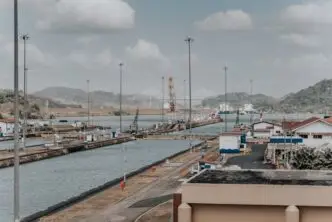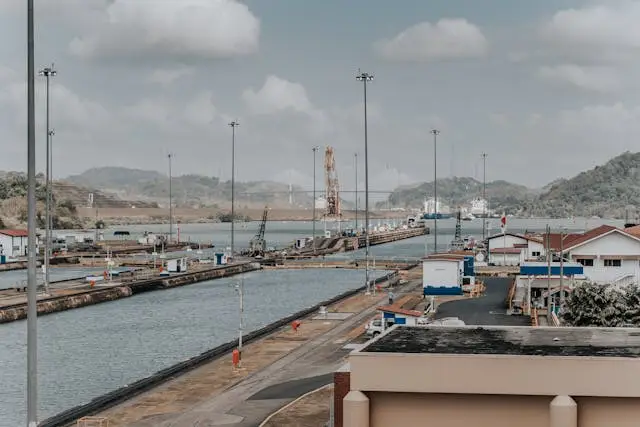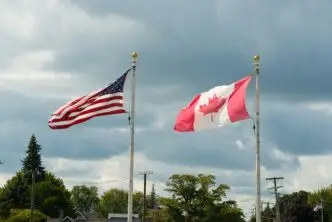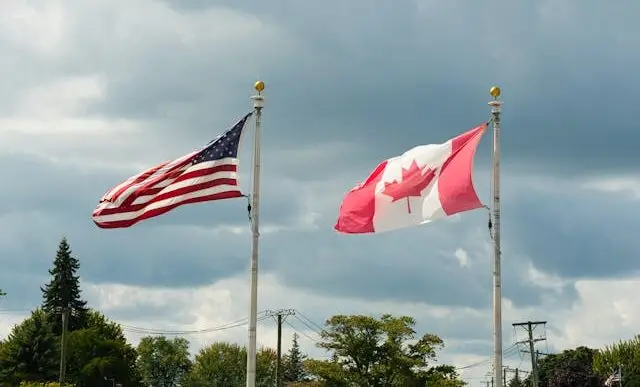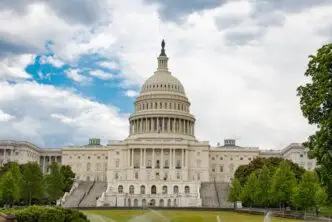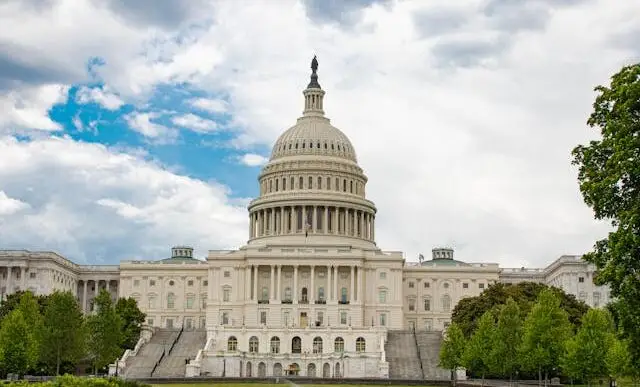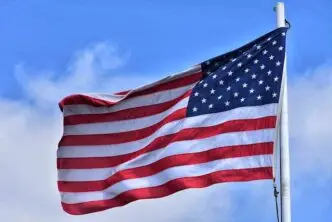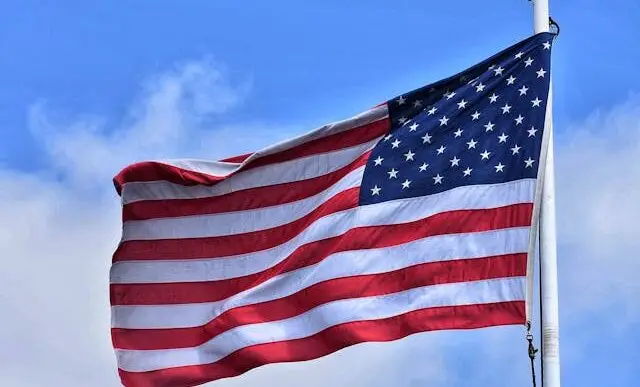Trump Suggests US Acquisition of Greenland, Canada, and Panama Canal
President Elect Donald Trump has suggested that the United States could take control of Greenland, Canada, and the Panama Canal. This controversial proposition was made during a recent interview, adding more fuel to the already heated discourse surrounding Trump’s polarizing political rhetoric. Known for his audacious and unconventional statements, Trump’s recent declarations have prompted a flurry of responses from political analysts, international relations experts, and the countries in question.
While the feasibility and implications of such a proposal are being hotly debated, it has undeniably added a new dimension to the political landscape. The President Elects comments have raised questions about the potential for territorial expansion, international relations, and the future role of the United States in the global arena.
Potential Acquisition of Greenland and Canada
Trump’s suggestion of the US taking control over Greenland and Canada came as a surprise to many. Greenland, an autonomous territory of Denmark, and Canada, a sovereign nation, have both maintained cordial relations with the United States. The notion of the US acquiring these territories has stirred a significant amount of controversy and confusion.
Greenland, despite its icy terrain and sparse population, holds strategic importance due to its location in the Arctic region. The potential for untapped natural resources, including oil and minerals, combined with the opportunity to strengthen US presence in the Arctic, could be factors driving Trump’s interest.
Similarly, the proposition of controlling Canada, one of America’s closest allies and trading partners, is equally perplexing. An acquisition of this kind would not only drastically alter the geopolitical landscape of North America, but it could also have profound implications for US-Canada relations.
Reasserting Control Over the Panama Canal
Trump’s suggestion to reassert control over the Panama Canal also raised eyebrows. The United States completed the construction of the canal in 1914 and controlled it until the end of 1999, when it was handed over to Panama as part of a 1977 treaty. The canal holds significant strategic and commercial value, serving as a key conduit for international maritime trade.
Reestablishing control over the Panama Canal would represent a drastic shift in US foreign policy. It would likely elicit strong international reactions, particularly from Panama and other Latin American countries. The implications of such a move would reverberate beyond the region, affecting global commerce and potentially straining US relations with other countries.
Reactions and Implications
International reaction to Trump’s suggestions has been predominantly one of surprise and concern. While the governments of Greenland, Canada, and Panama have not officially responded, experts believe that such a proposition is unlikely to be met with approval. The notion of territorial acquisition is a sensitive issue, closely tied to national sovereignty and international law.
From a domestic perspective, Trump’s suggestion has stirred a wide range of reactions. While some supporters see this as a bold move to strengthen America’s global position, critics argue that it reflects a troubling perspective on international relations. The proposition has also raised questions about the potential implications for US foreign policy.
As the world continues to grapple with the implications of Trump’s remarks, it is clear that they represent more than mere political posturing. These suggestions have sparked a broader dialogue about the role of the United States in the world, the principles guiding its foreign policy, and the future of international relations. Regardless of the feasibility of Trump’s propositions, they have undoubtedly left an indelible mark on the global political discourse.

